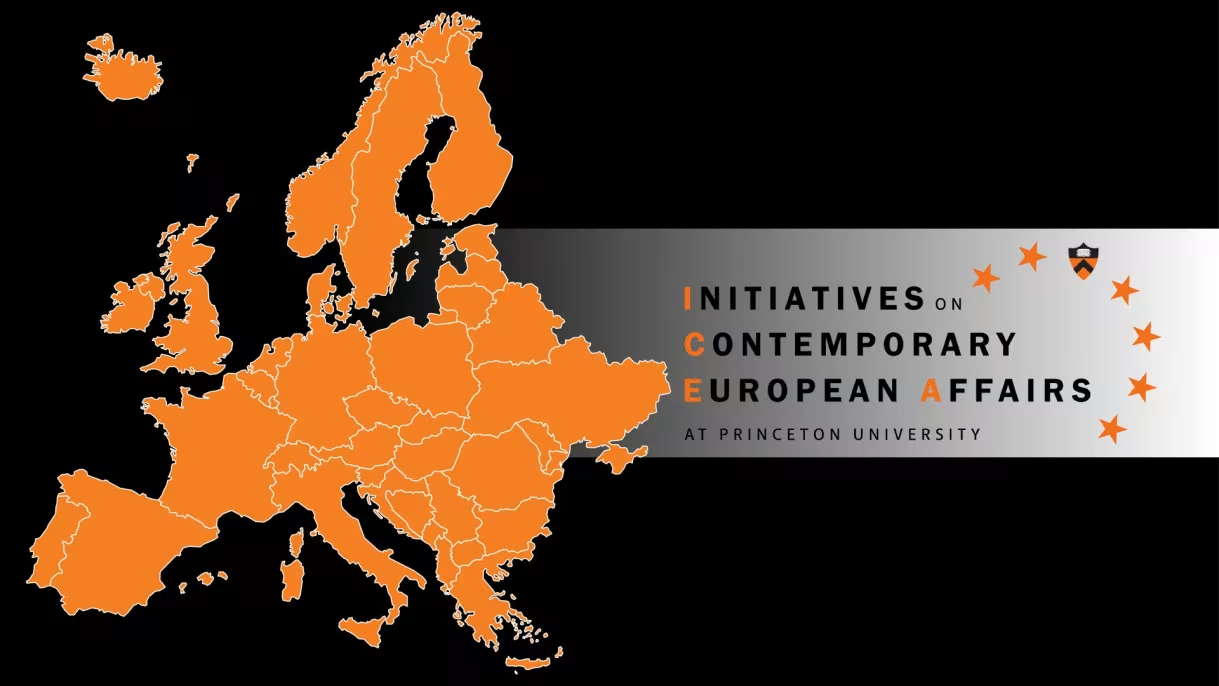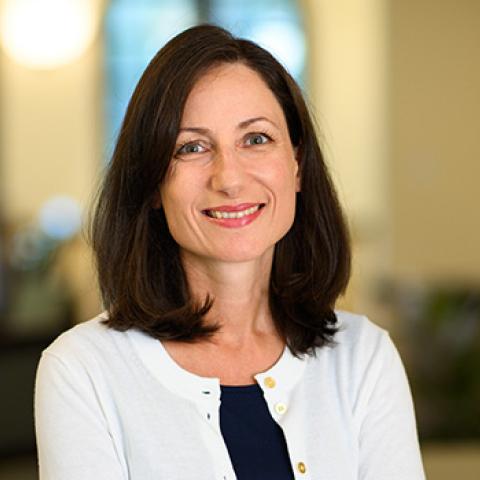

Princeton SPIA Extends International Focus with New Program on Current Affairs in Europe
A new project in the Princeton School of Public and International Affairs (SPIA) aims to feature SPIA faculty’s important scholarship, teaching, and programming on present-day political issues in Europe.
The School’s Initiatives on Contemporary European Affairs (ICEA) was established by SPIA faculty members Rafaela Dancygier, Sophie Meunier, and Andy Moravcsik to broadcast the work being done by SPIA and related faculty through various University-based initiatives, including the Bobst Center for Peace and Justice, the Liechtenstein Institute on Self-Determination (LISD), and the Princeton Institute for International and Regional Studies (PIIRS), which houses both the Program on Contemporary European Politics and Society and the European Union Program.
According to Dancygier, a professor of politics and international affairs and ICEA’s founding director, today’s Europe is critical for tomorrow’s policymakers to understand.
“Many of the issues that impact the United States today are directly tied to what's happening in Europe. The crisis in Ukraine is just the most recent example,” she said. “Questions of globalization, trade, protectionism, extremism, AI regulation."
 If you want to be a policymaker in the United States, you better know what's happening in Europe, because it has a direct impact.”Rafaela Dancygier, Professor of Politics and International Affairs and ICEA’s Founding Director
If you want to be a policymaker in the United States, you better know what's happening in Europe, because it has a direct impact.”Rafaela Dancygier, Professor of Politics and International Affairs and ICEA’s Founding Director
A robust research page on ICEA’s website serves as a repository of relevant scholarship by ICEA-affiliated researchers going back to 2020. With so much good work being done, it was important to centralize it, said Dancygier, so that students, faculty, and visitors could see “all of the wonderful things that are happening on campus.”
In addition to aggregating research, ICEA facilitates graduate student exchanges with European universities. Master’s and doctoral students have come to Princeton from the United Kingdom, Denmark, Italy, Ireland, and Germany to study, take classes, attend talks, and meet with SPIA students and faculty members. In return, Princeton graduate students have the opportunity to study at the visitors’ institutions.
Meunier, a senior research scholar at SPIA and LISD’s acting director, noted that such exchanges had been in demand for years, with European researchers reaching out to their contacts at Princeton to ask about sending their students to the University.
“There was no institutionalized way for these students to find a way to connect and come here,” she said. “We would always have to turn them down because we had no way of making this happen.”
Once there was an infrastructure in place to allow for exchanges, “the floodgates opened,” Meunier said. Dancygier attributes the popularity to the wide variety of University activity that ICEA was created to integrate.
"Princeton is unique in its breadth of programming,” she said. “You don't see this to the same extent elsewhere. Students get excited about that. We have very vibrant Ph.D. and master's programs, and the students love making connections with other students and postdocs.”
ICEA is also planning to hold conferences around a particular theme once or twice a year, inviting European scholars and students to Princeton.
While ICEA is aimed mostly at graduate student and faculty research, it welcomes undergraduates, including those pursuing the minor jointly offered by the PIIRS Program in Contemporary European Politics and Societies and the Humanities Council Program in European Cultural Studies, to participate in events.
Dancygier laid out a loftier ambition, though. Asked what success would look like once the project was more established, she said, “If you think about European politics in the United States, you think about Princeton and ICEA. For people in Europe, for people in the United States, for people around the world, really, we want this to become the place for vibrant research and knowledge production having to do with European politics.”

